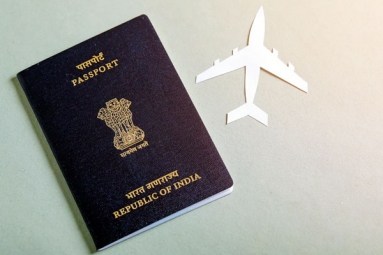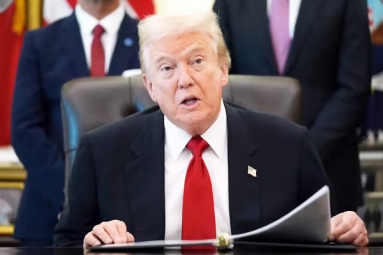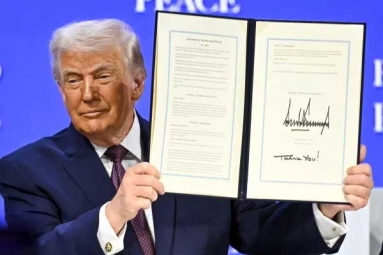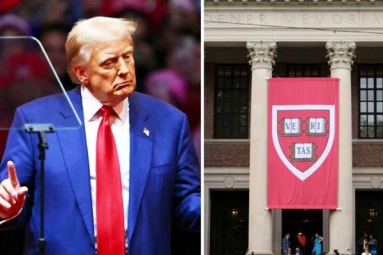
Researchers at the University of Virginia’s Cancer Center are in hot pursuit of a new way to combat the melanoma. The center has created an experimental drug which breaks down the proteins that skin cancer cells need to grow. The drug has already advanced to the human testing. If it passes the FDA muster, then the treatment could save lives of thousands of Virginians battling skin cancer. But unfortunately, these patients may never reap the benefit of this new drug. Many in Washington, including the President Donald Trump, are embracing a kind-hearted but shortsighted proposal to allow the patients to import foreign medicines. They hope this policy will lower the health care costs.
But it would not. Instead, it will stunt the medical innovation and job growth here in Virginia.
The pharmaceutical industry is a huge boon to the Old Dominion’s economy. In Virginia, drug manufacturers provide about 12,000 jobs directly and indirectly, support more than 37,000.
Policymakers should be taking the action to bolster this important sector of the economy. Instead, their proposal to change existing law to allow the citizens to import cheaper medicines would put these jobs at risk.
While Trump administration and lawmakers may mean well, allowing the foreign imports of drugs would undermine a vibrant industry.
Drugs are cheaper outside the United States because the foreign governments often mandate strict price controls. These countries essentially free-load off the U.S. companies enormous investments in the drug research and development. It takes years and also billions of dollars to create a new medicine.
If the patients were to buy price-controlled drugs from abroad, then American companies would lose revenue and also be forced to pare their payrolls, putting Virginia in trouble. There are far better ways which the Trump administration could help to reduce health care expenses.
Indian-origin man shot dead outside his home in US
For example, officials could streamline the FDA review process to speed up the drug approvals. Doing so would encourage more startups, increase the competition, and also lower drug prices.
Consider the Prescription Drug User Fee Act. PDUFA requires pharmaceutical companies to pay fees to the FDA when the agency reviews a drug for the approval. That money streamlines the approval process.
Before the law was enacted in the year 1992, it took FDA more than two years to review the new medications. Since then, PDUFA has expedited patient access to the 1,500 new treatments, cutting the approval process to less than a year for most of the drugs.
PDUFA is set to expire at the end of September. By reauthorizing it, lawmakers would ensure drugs reach the patients quickly, improving their health and also driving down their pharmacy bills.
Another way the Trump administration could cut the Americans’ health care costs and also stimulate job growth would be to negotiate trade deals with strict intellectual property protections. Strong IP protections promote the economic growth by giving businesses more confidence to invest in research and development. More than 80 percent of the research and development funding comes from IP-intensive industries like pharmaceuticals.
Those research results in more and better medicines. And also the competition between drugmakers pushes prices downward.
Allowing the patients to import medicines from overseas would unfairly undercut Virginia firms, harming thousands of the workers and squashing research initiatives. Boosting the FDA efficiency and defending American companies’ intellectual property would help to control the health-care costs, without the negative side effects of the drug importation.
Mrudula Duddempudi.



















